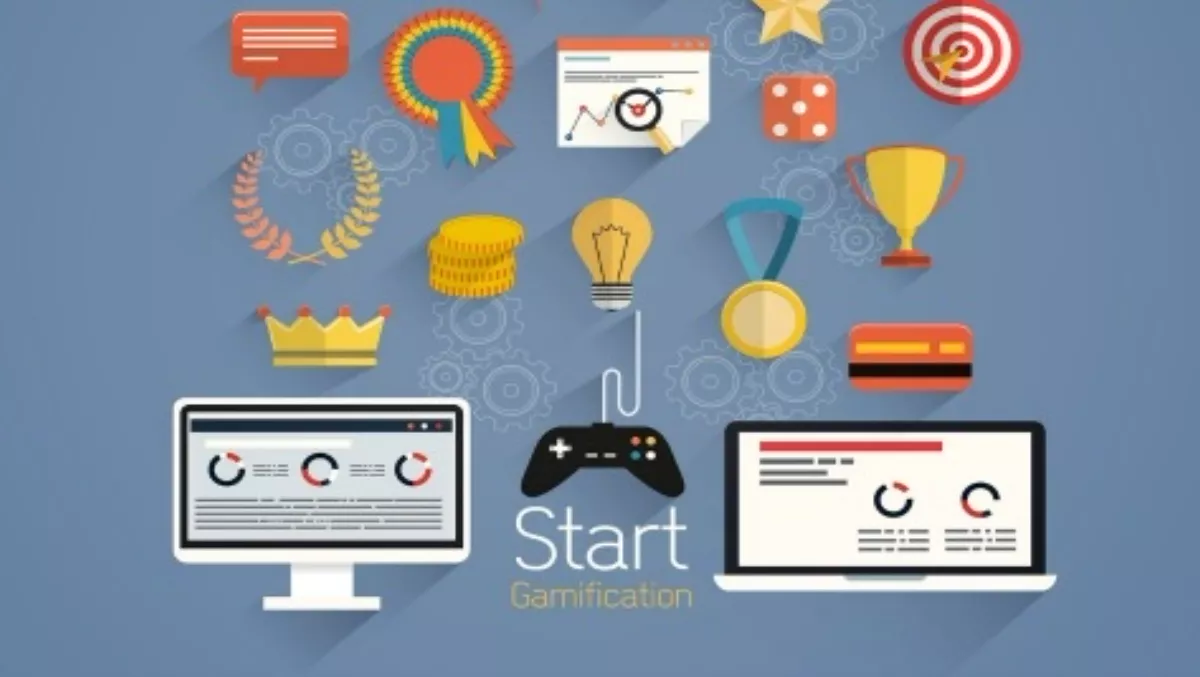
Gamification in schools on the rise
Gamification is becoming an increasingly common learning technique in schools to help students develop new, transferable problem solving skills.
According to a new report by Research and Markets, the global education gamification market is set to grow at a CAGR of 64.34% over the period 2014-2019.
Furthermore, Mind Commerce projects gamification in e-learning growth to reach $319 billion by 2020. Within this, college education and MOOCs is expected to hold 69% market share.
Research and Markets describes gamification as the process of implementing game mechanics into non-gaming context to engage users and solve problems.
Points, badges, a leaderboard, challenges, and rewards are examples of game mechanics. Gamification does not create real games but uses game techniques to engage students toward comprehensive learning.
Using game mechanics or game elements in education is not something new, but applying it to an e-learning perspective is set to come of age and becoming a real contender, according to Mind Commerce.
Gamification in e-learning is the application of game elements and techniques in the non-game e-leaning process to motivate and engage learners in solving problems.
It is, in many ways, different from pure learning games, and has been proven to boost learners' participation level and performance.
This learning technique utilises mobile devices, and will likely contribute to the uptake in tablets used in school settings, according to Research and Markets.
In recent years, there has been an increase in demand for tablets in the academic sector because of the benefits associated with them, the researchers say.
In fact, tablets are overtaking notebooks and desktop PCs as they are available in the market in a wide variety.
Based on technology, learning on tablets has become more effective for institutions than learning on mobile devices because their large screen size offers a better learning area.
According to the report, cognitive skills enable students to think effectively, process information quickly, and plan and prioritise accordingly.
The development of well-rounded cognitive skills help students to learn quickly and efficiently, and gamification plays a major role in the process, says Research and Markets.
Further, the report states that challenge faced by institutions is their inability to ensure that students do not get distracted by excess gaming during their academic tenure.
Given the fun element involved in gaming, there is a high probability that students might limit their interest and efforts primarily toward educational games.


